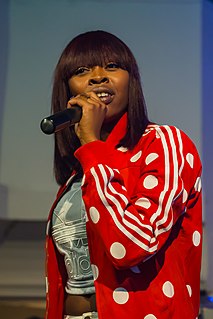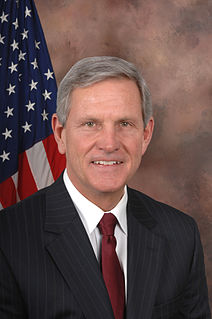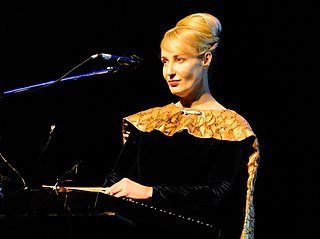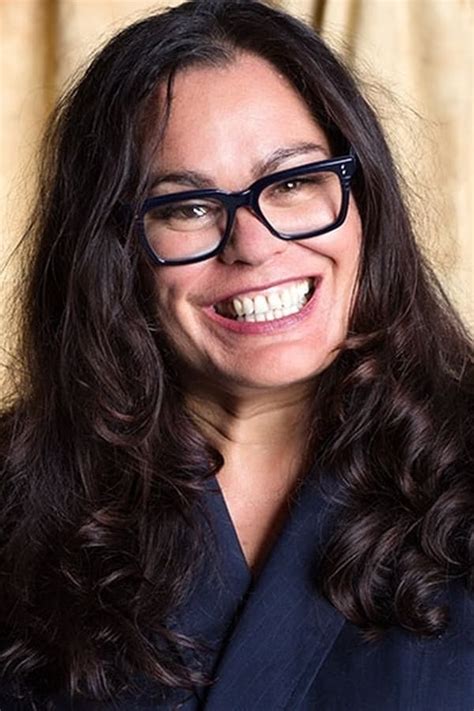A Quote by Lynn Nottage
I always describe race as the final taboo in American theatre. There's a real reluctance to have that conversation in an open, honest way on the stage.
Related Quotes
When you think Tink, you should just think of me as that around-the-way girl - relatable and honest. Even in my lifestyle, my entire aura is real. I don't sugarcoat anything, whether I'm on stage or home in Chicago or just behind the scenes just chilling. I'm the same person you see on stage, always.
I mean there’s a certain finality about a movie, when it’s done it’s done – that raised eyebrow in that moment will always be that raised eyebrow. Whereas a play only lives as a blueprint for a performance on any given night. There’s a reason you can eat popcorn and watch a movie and you can’t do that in the theatre. Theatre you have to lean in, you have to tune your ear to the stage and participateI respond to heat. And blood. And humanity. The cold experience is not for me. I’ve always enjoyed all the real people in a room together in the theatre.
We always have a basic structure for a piece of music, but we encourage the musicians to elaborate on whatever they feel at that particular moment. There's a definite conversation happening on stage. I think it is very important for us as creative musicians, to instantaneously describe any energy that is visible at that time.
It's the culture, not the blood. If you can go anywhere in the world and adopt these babies and put them into households that were already assimilated in America, those babies will grow up as American as any other baby with as much patriotism and love of country as any other baby. It's not about race. It's never been about race. In fact the struggles across this planet, we describe them as race, they're not race. They're culture based. It's a clash of culture, not the race. Sometimes that race is used as an identifier.







































